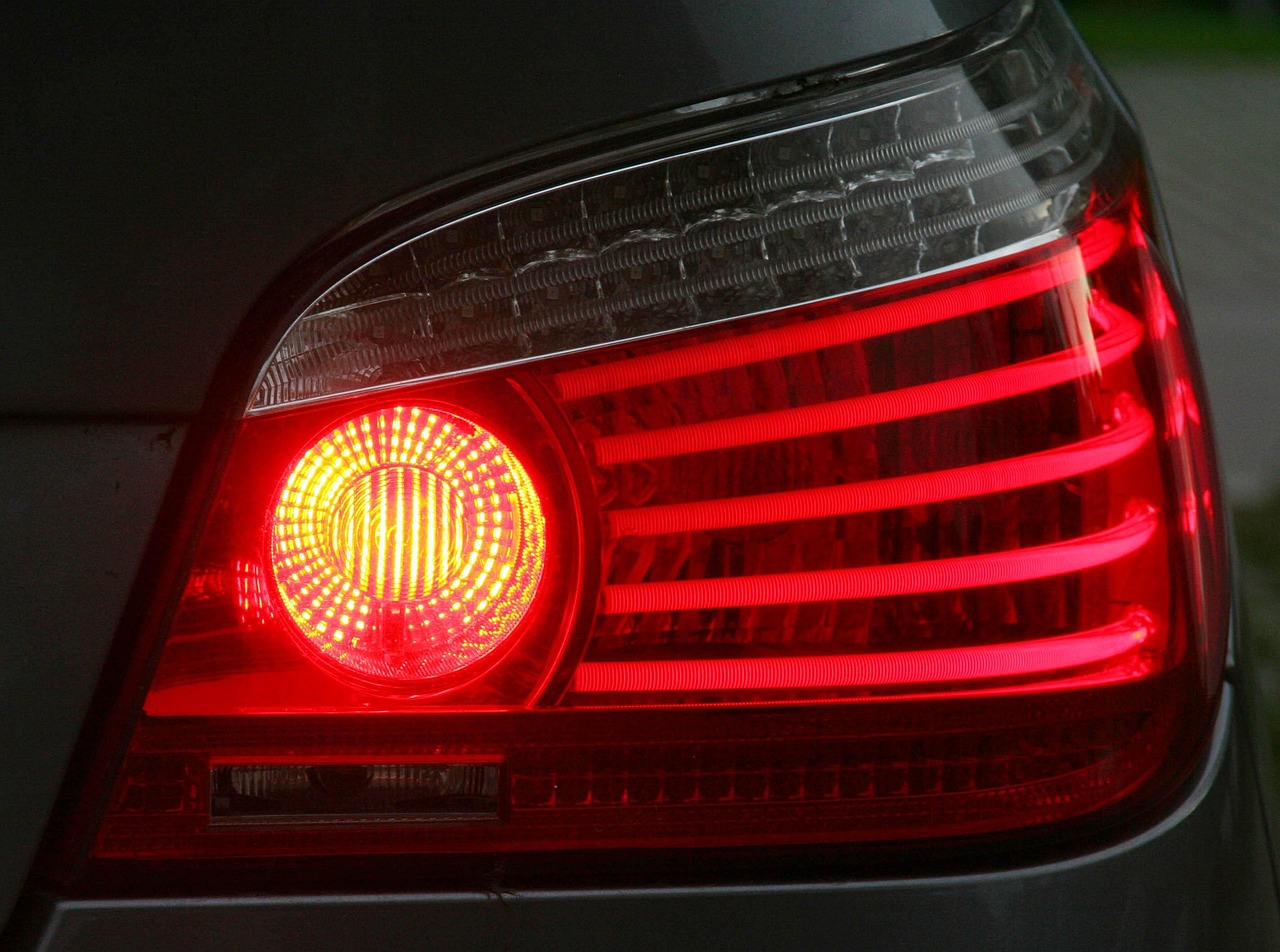Electric actuators, fundamental in various industries, serve as vital components, notably in automotive technology, providing precise motion control and heightened performance. These electromechanical devices convert electrical energy into mechanical motion, comprising a motor, gearbox, and rod, ensuring accurate and controlled linear motion and guaranteeing reliability.
Within the automotive sector, electric actuators optimize vehicle functionalities. They regulate engine components, including throttle systems and exhaust valves, ensuring efficiency in performance and emission control.
Moreover, these actuators contribute to advanced features such as power windows, door locks, and automated seat adjustments, significantly enhancing convenience and user experience.
Beyond the automotive realm, electric actuators find extensive applications across diverse sectors. Industries rely on them for precise positioning, assembly line automation, and robotics. Their utility extends to medical equipment, aerospace technology, and home automation systems, owing to their precision and reliability.
The versatility and precision of electric actuators make them indispensable for technological innovation. Their ability to provide accurate motion control and adaptability enhances efficiency, safety, and convenience across various applications.
Electric actuators epitomize innovation, revolutionizing maneuvering, machinery operation, and interaction within our environment. As technology continues to evolve, these actuators are poised to play an even more significant role, further contributing to advancements across industries.







